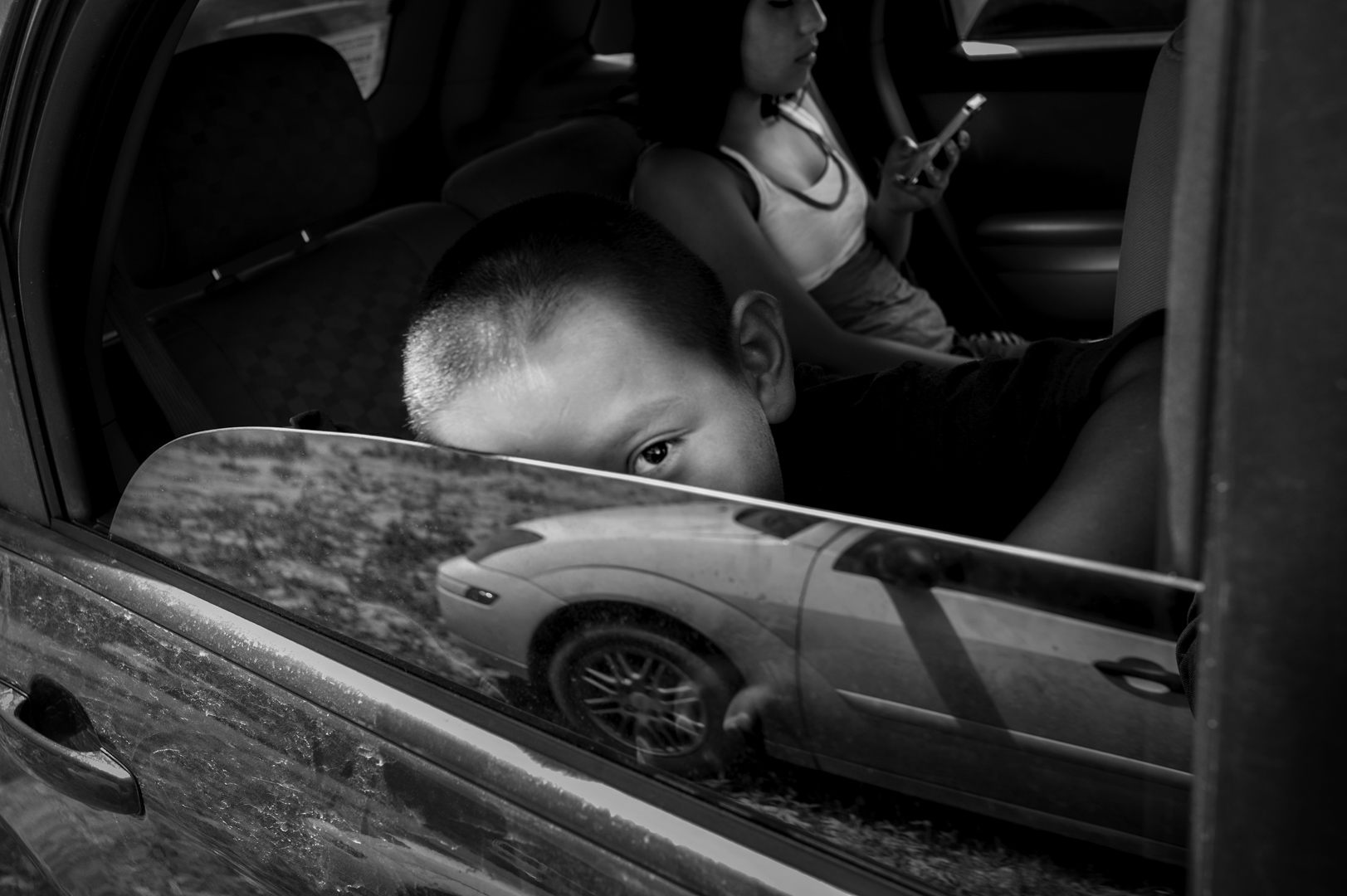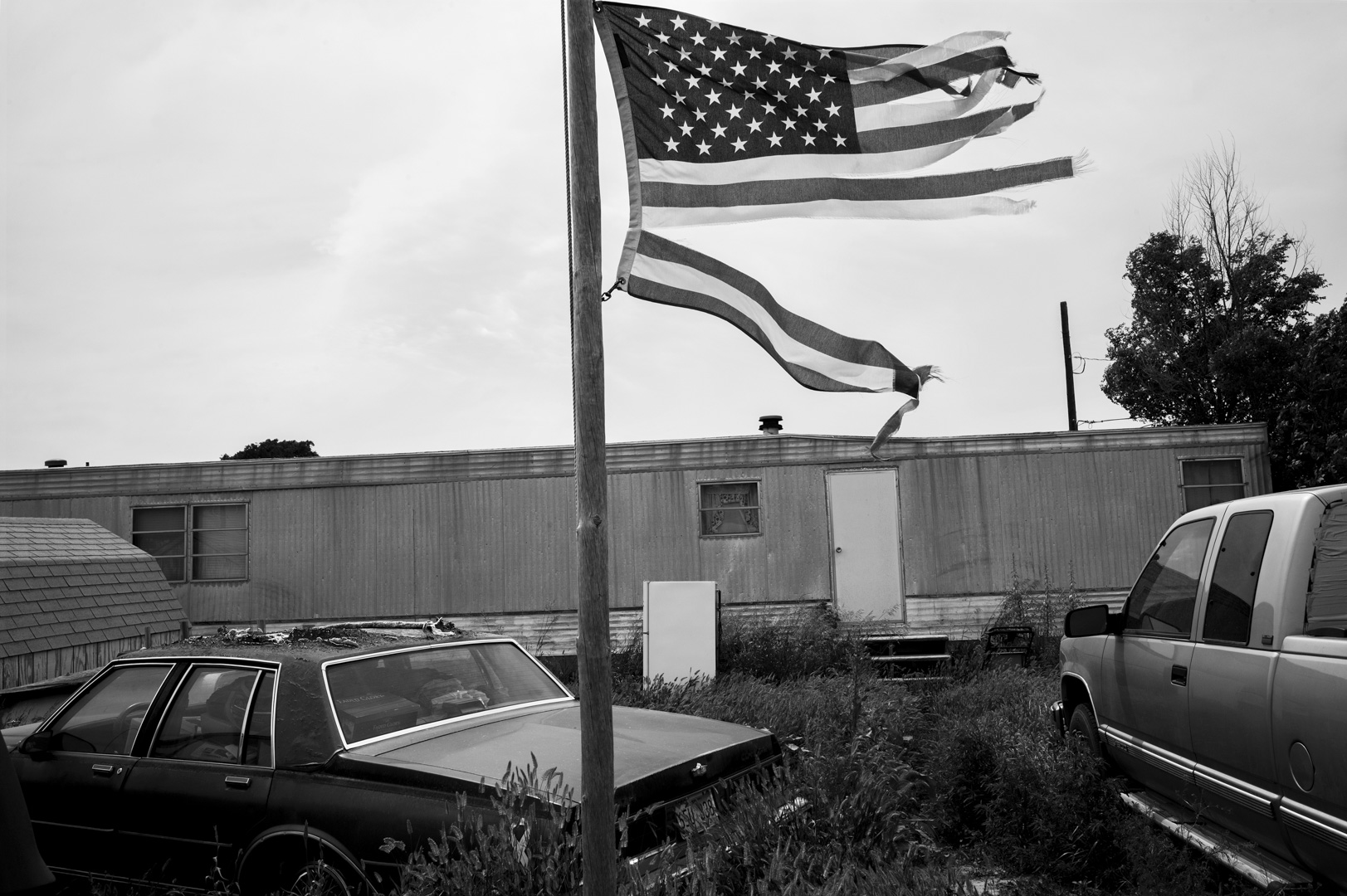Darcy Padilla — The Dreamers
IMP Festival – International Month of Photojournalism
Galleria della gran guardia – Piazza dei Signori – Padoue (Italie)
May 10th – June 9th 2024
Location: USA
Pine Ridge Reservation, South Dakota
2013-2019
“If it were up to me, I would go through that town and destroy every building there,” Olowan says, “I remember many times dragging my mom out of there. She did not want to leave Whiteclay. We made her. We would fight with her to get her in the car.”
Whiteclay, Nebraska, a town of ten people and four liquor stores on its main street Highway 87. The stores sold 4.9 million cans of beer a year and 13,000 cans per day. Mostly to the Oglala Lakotas of the Pine Ridge Reservation, the border is 60 meters away.
Pine Ridge Reservation is located in South Dakota and alcohol has been illegal on the reservation since it was established in 1889. Tribal members drive, hitchhike, walk across the border or buy from bootleggers. One of the poorest places in the United States, for its 40,000 people the statistics are devastating: 85% unemployment; 70% live below the poverty line; life expectancy of 48 years for men and 52 years for women, second lowest in the Western Hemisphere; substance abuse affecting 99% of residents directly or through a family member. Tribal leaders believe that alcohol is at the root of the problems.
At Wounded Knee Cemetery, Olowan visits her father’s grave. He died at 22 in an alcohol-related car accident when she was an infant. Olowan first drank at 12 and by 15 was drinking regularly. Her mother died from cirrhosis of the liver. Olowan has been sober for 19 years. She is part of a network of activists that camped for over a year at the border protesting the liquor stores. But Olowan says that alcohol is not the only enemy, “He has brothers-in-arms like meth and suicide that are swallowing the Oglala Lakota youth fast.”
Olowan recounts the funeral of a 12-year-old girl who committed suicide. “It broke my heart to see this family tie the eagle feather on this meth dealer. He is not a warrior.” Olowan says, “If you know your family is selling meth stop them or we will. If you don’t care enough about your bloodline, then we will care enough about your bloodline for you. And if we gain enemies for it so be it. The ancestors will see our actions as honorable.”
After many years of protest, the Whiteclay liquor stores closed when the licenses where not renewed by the state of Nebraska. The liquor stores appealed in court and lost. On the anniversary of the court’s decision the activists gathered in Whiteclay to face what is next.





